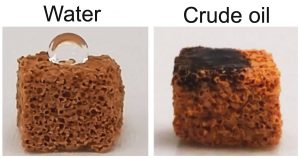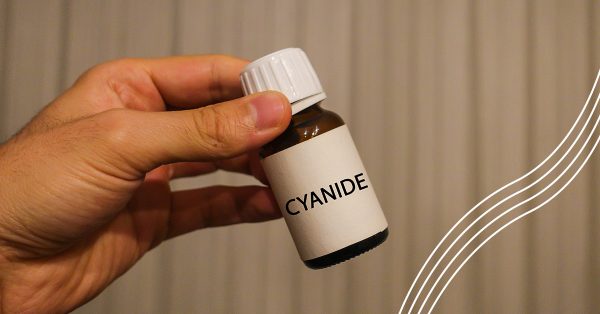Oil and gas spills pose a dangerous threat to the environment, communities and the economy. Around the world, especially in fragile ecosystems, the impact of these spills on waterways is a major concern. This contaminated water affects marine life, impacting our seafood supply, as well as our drinking water.
On average, it can take two to five years to rid the environment from the negative impacts of an oil spill. Solutions must be put in place to remediate such spills, so as to clear affected waters and avoid further harm to the environment.
Clean Earth Technologies has a solution to remediate oil and gas spills with the use of a porous and hydrophobic polysulfide that can capture oil in seconds. The sponge-like polymer product is also elastic and allows for simple mechanical recovery and reuse.
We are also able to utilise waste cooking oil to create this sorbent. Being hydrophobic, it does not absorb water but rather oil, creating a gel-like substance that is two to three times its own mass. A cheap, sustainable, and fast-absorbing material, it is also buoyant and floats on the surface of water. Furthermore, this agent, when scooped out from the water, is fully-reusable once the absorbed oil is squeezed from it. Efforts are currently being directed at commercialising this material for oil sorbent applications.
On 21 May 2020, GEO ExPro, a petroleum geoscience magazine that covers a wide range of topics including oil, earth, and geology, highlighted the merits of Clean Earth Technologies’ hydrophobic polymer. Developed by researchers at Adelaide’s Flinders University, the hydrophobic polysulfide can revolutionise oil spill clean-up operations. By using waste to tackle waste, Clean Earth Technologies has a truly ‘green’ solution!





